
Dubai’s Real Estate Market Evolution: Becoming a Leading Investment Destination
Oct 21, 2024
12 minutes read
Dubai's transformation from a desert outpost into a global metropolis has been remarkable. Its real estate market, once growing, is now recognized as one of the most lucrative and dynamic in the world. This rapid evolution has turned Dubai into a leading investment destination, attracting investors from across the globe. In this blog, we will explore the evolution of Dubai’s real estate market, how it became a magnet for international investors, and why it continues to be an attractive option for those seeking growth, luxury, and stability in property investments.
The Early Days of Dubai's Real Estate Market
Dubai's real estate market took off in the early 2000s, following the introduction of freehold property laws. The Dubai government made a bold move by allowing foreign nationals to own property in designated areas. This decision, driven by the vision of Sheikh Mohammed bin Rashid Al Maktoum, opened the doors to international investors, catalyzing the real estate boom that transformed the city.
Prior to this, Dubai's property sector was limited to rentals and leaseholds. With the new regulations in place, developers seized the opportunity to create ambitious projects such as the iconic Palm Jumeirah, Downtown Dubai, and Dubai Marina. These developments quickly put Dubai on the map as a desirable destination for luxury real estate.
The Role of Infrastructure in Driving Growth
Dubai’s success as a real estate investment hub is largely due to its world-class infrastructure. The city has invested heavily in creating a seamless blend of urban conveniences and modern amenities. From state-of-the-art airports to high-speed roads, metro systems, and business districts, Dubai’s infrastructure supports its growing population and real estate demand. Key infrastructure projects, such as the Burj Khalifa and Dubai International Airport, not only attracted tourists but also increased the city’s appeal to investors.
The development of the Dubai Metro further improved accessibility, making previously remote areas more attractive for real estate development. These infrastructure advancements provided a foundation upon which Dubai’s real estate market could grow exponentially.
Free Zones: A Catalyst for Business and Real Estate
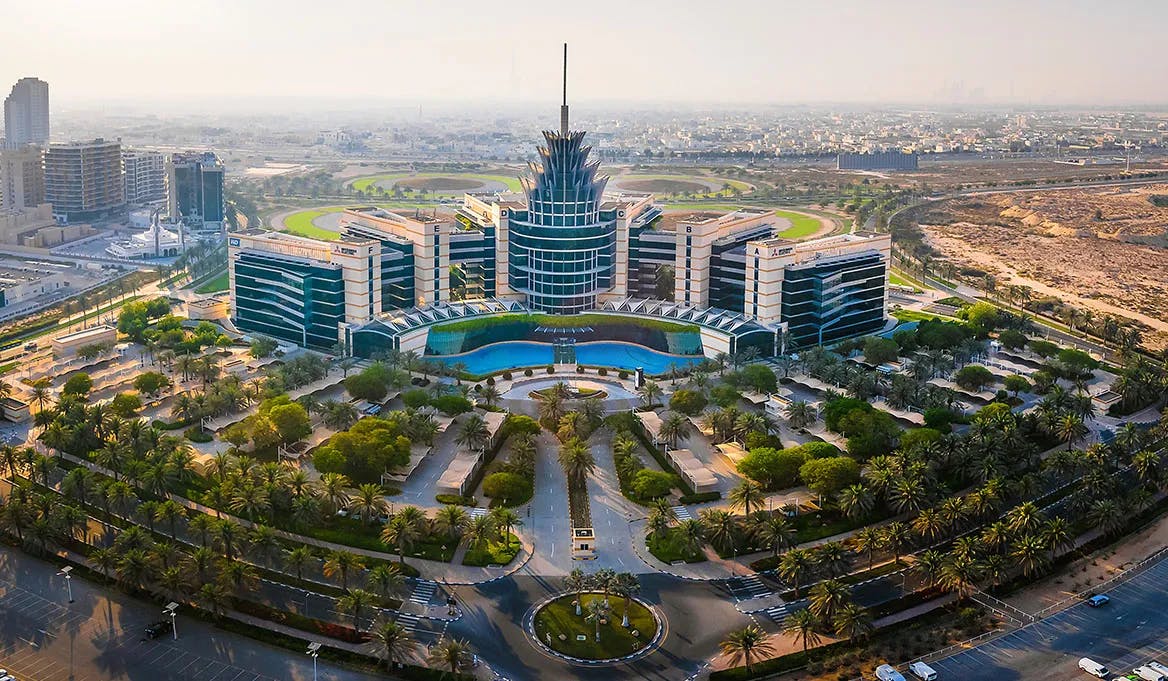
The introduction of free zones played a pivotal role in Dubai's economic and real estate growth. Free zones offer 100% foreign ownership, tax exemptions, and other incentives for businesses. As multinational corporations and entrepreneurs flocked to set up operations in Dubai’s free zones, demand for both commercial and residential properties surged.
Dubai Internet City, Dubai Media City, and Jebel Ali Free Zone (JAFZA) became thriving business hubs, attracting global companies. This influx of professionals and expatriates created a demand for premium housing, further fueling the real estate market. Investors quickly recognized the potential of purchasing properties in areas adjacent to these free zones, where rental demand was consistently high.
Luxury Real Estate: Attracting High-Net-Worth Individuals
One of the defining features of Dubai’s real estate market is its focus on luxury. Dubai is home to some of the most luxurious and architecturally ambitious developments in the world. From opulent waterfront villas to towering skyscrapers with panoramic views of the Arabian Gulf, Dubai has built a reputation as a playground for the wealthy.
High-net-worth individuals (HNWIs) from around the world are drawn to Dubai for its tax-free environment, high standard of living, and unparalleled luxury. Developments like Emirates Hills, The Palm Jumeirah, and Burj Khalifa Residences have become synonymous with elite living, offering investors the chance to own property in some of the most exclusive addresses in the world.
A Global Hub for Real Estate Investment
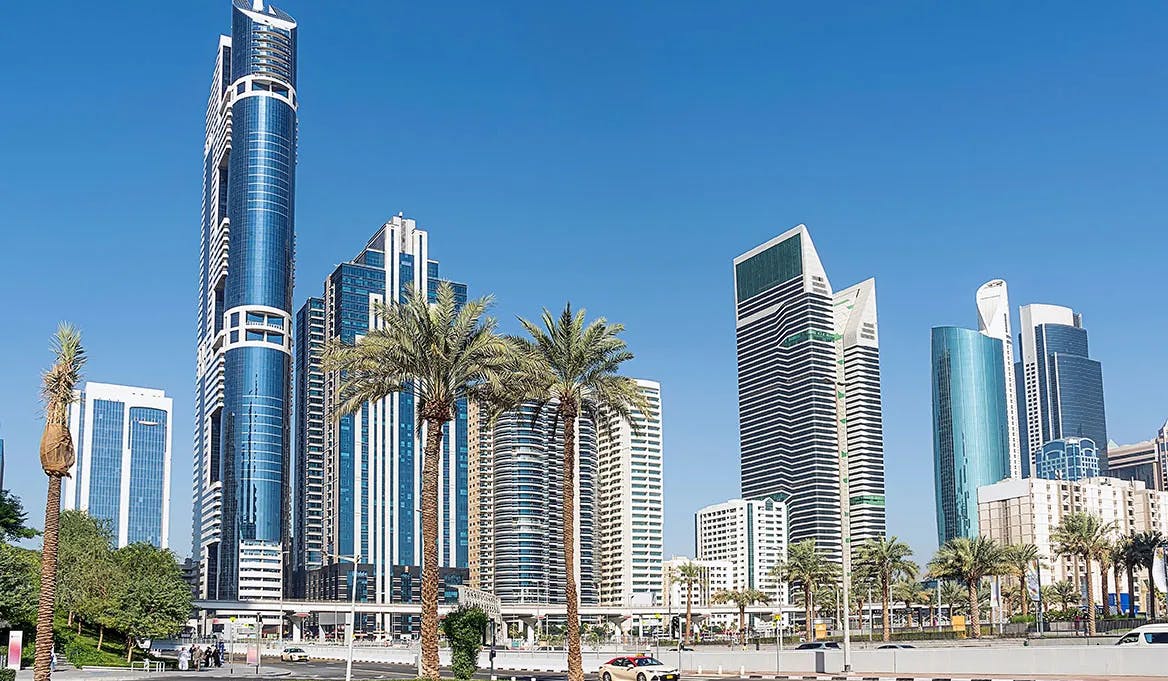
Dubai’s strategic location at the crossroads of Europe, Asia, and Africa has also contributed to its rise as a global real estate hub. Investors from all corners of the globe have been attracted to Dubai’s market due to its accessibility, safety, and strong economic growth.
The city’s government has implemented investor-friendly policies that encourage foreign investment, including long-term visas for property investors, freehold ownership rights, and the absence of property taxes. These incentives have made Dubai an appealing destination for those looking to diversify their portfolios with high-quality real estate assets.
The Impact of Expo 2020 on Real Estate
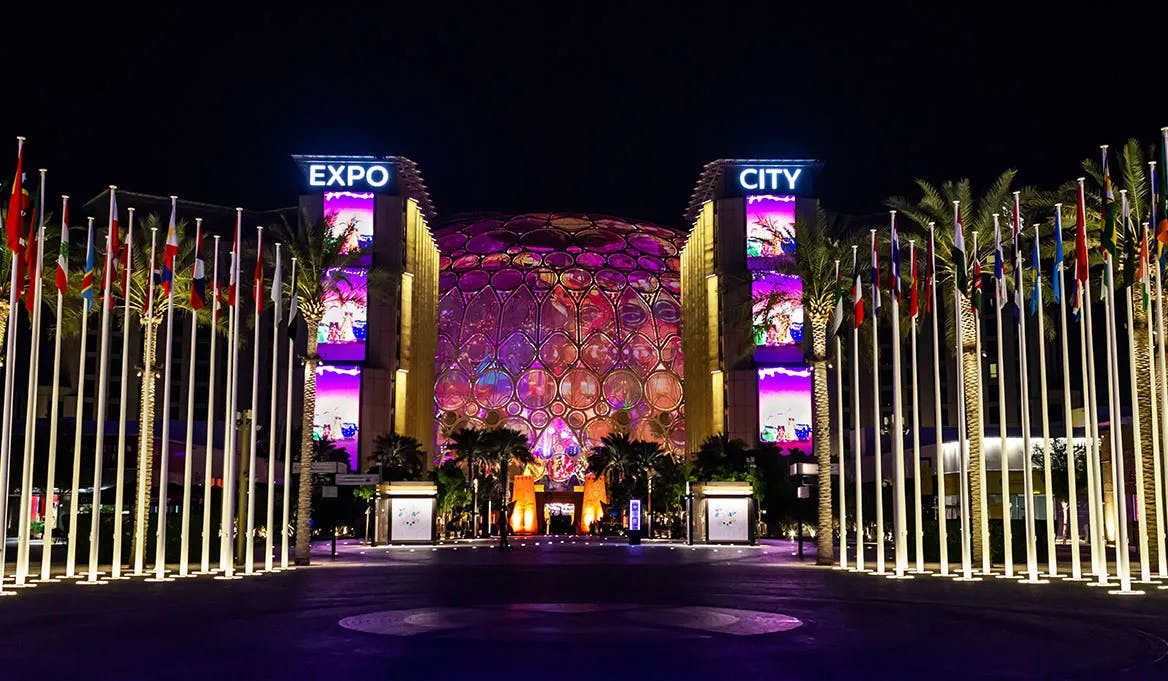
Expo 2020, hosted in Dubai, marked a significant milestone in the city’s evolution as a global investment destination. The event not only showcased Dubai’s innovation and futuristic vision but also gave a substantial boost to its real estate market. The Expo site, located in the south of Dubai, spurred the development of surrounding areas such as Dubai South and the expansion of infrastructure to support the influx of visitors and businesses.
The demand for both residential and commercial properties surged in anticipation of the Expo, with investors keen to capitalize on the increased economic activity. Projects like Emaar South and DAMAC Hills 2 saw heightened interest, further solidifying Dubai’s position as a leading real estate destination.
Real Estate Resilience: Navigating Market Fluctuations
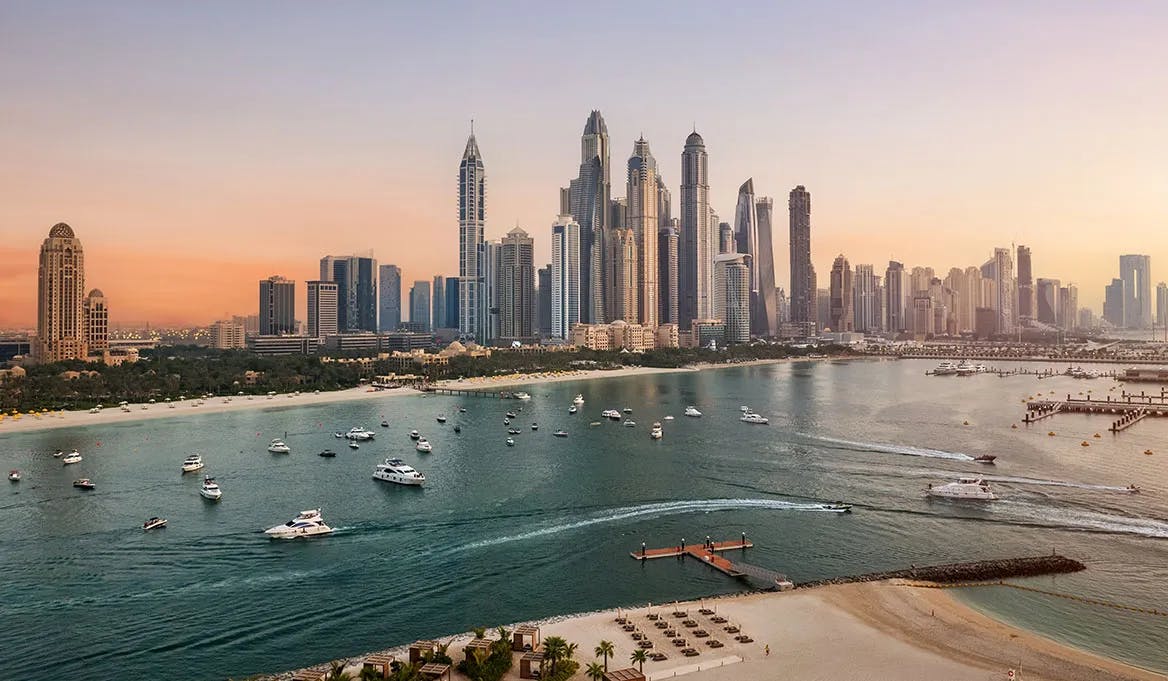
Dubai’s real estate market, like any other, has experienced its share of ups and downs. The global financial crisis in 2008 led to a market correction, with property prices dropping significantly. However, Dubai’s real estate sector showed remarkable resilience, bouncing back stronger with new regulations and better oversight from authorities.
The Dubai Real Estate Regulatory Agency (RERA) and the introduction of escrow accounts for developers were key measures implemented to protect investors and ensure market stability. These regulatory frameworks gave both local and international investors confidence in Dubai’s market, helping to safeguard their investments in the long run.
Smart City Initiatives and Sustainability
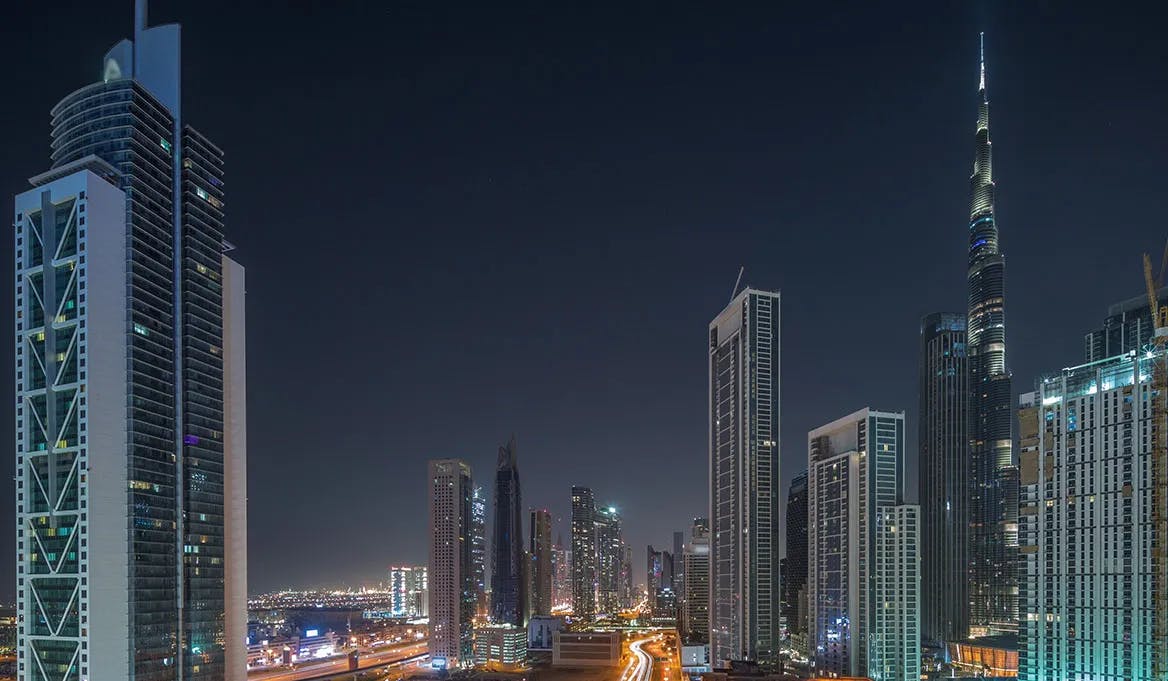
As Dubai continues to evolve, its focus on sustainability and smart city initiatives is shaping the future of its real estate market. The city has ambitious plans to become one of the world’s smartest cities, with projects like Dubai Smart City and the Dubai 2040 Urban Master Plan outlining its vision for sustainable development. Green buildings, energy-efficient developments, and the incorporation of smart technologies are becoming increasingly popular in Dubai’s real estate market. Investors are drawn to properties that not only offer luxury but also prioritize sustainability. Developments like Sustainable City and Tilal Al Ghaf are prime examples of eco-friendly communities that align with the growing global demand for sustainable living.
Affordable Housing: A Growing Segment
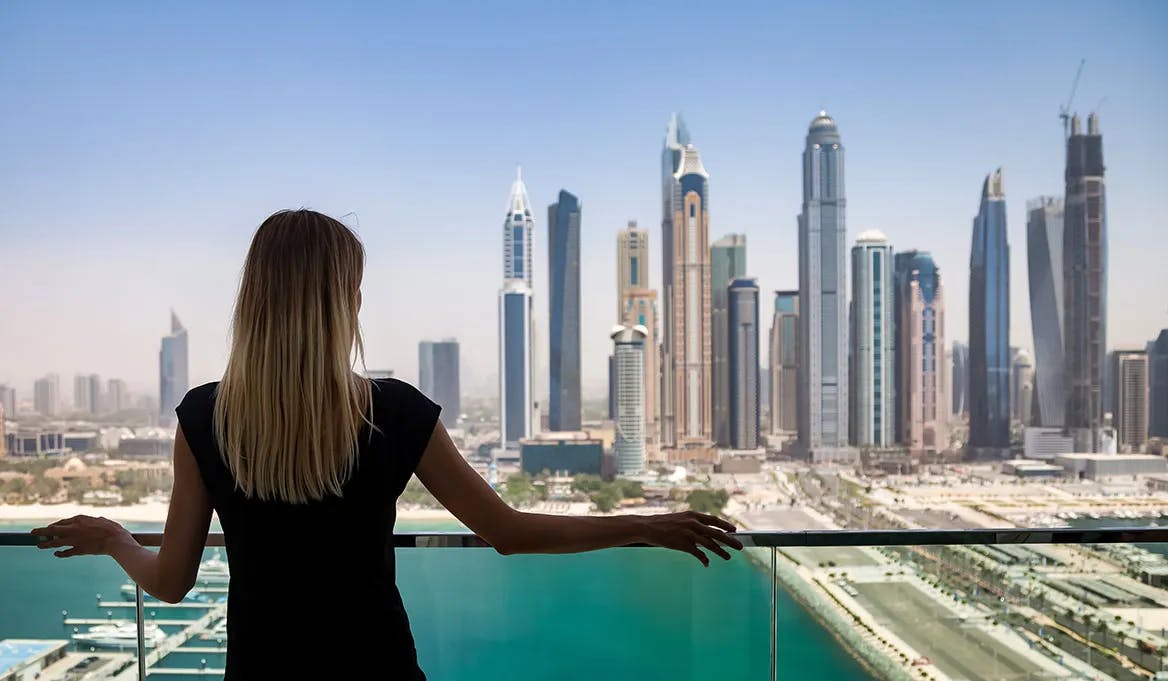
While Dubai is renowned for its luxury offerings, the city’s real estate market has also evolved to cater to a broader spectrum of buyers. The rise of affordable housing projects has opened up new investment opportunities for those seeking entry-level properties or more budget-friendly options. Developers have introduced projects in areas like Dubai South, Dubailand, and Al Warsan, offering high-quality homes at competitive prices.
This diversification of offerings has attracted a new wave of investors, including young professionals, first-time buyers, and those looking for rental properties that offer a strong return on investment. The availability of affordable housing has ensured that Dubai’s real estate market remains accessible to a wider audience, contributing to its sustained growth.
Foreign Investor Confidence and Market Stability
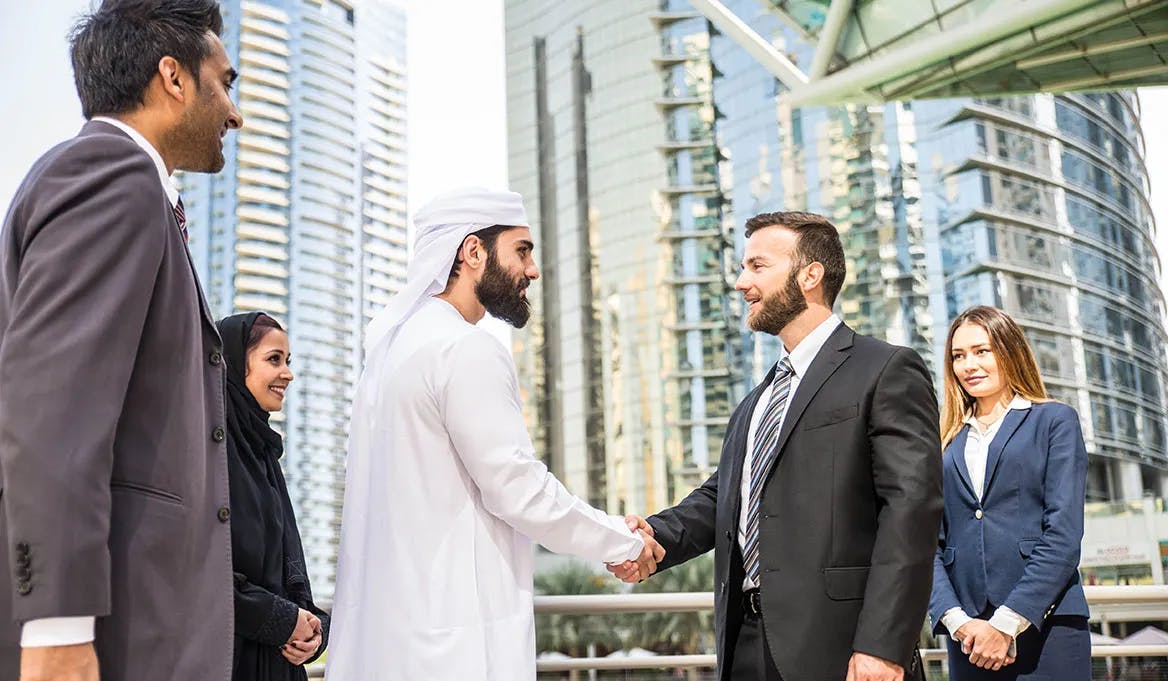
One of the reasons Dubai has become a leading investment destination is its ability to instill confidence in foreign investors. The government’s proactive approach in creating a transparent, regulated, and stable real estate environment has earned the trust of investors worldwide. The implementation of property ownership laws, strong legal frameworks, and the consistent development of infrastructure have all played a role in maintaining this confidence.
Moreover, Dubai’s political and economic stability, combined with its reputation as a safe city with a high quality of life, further enhances its appeal as a real estate investment destination. Investors are confident that their investments in Dubai’s real estate market are secure and likely to appreciate in value over time.
The Role of Technology in Real Estate Evolution
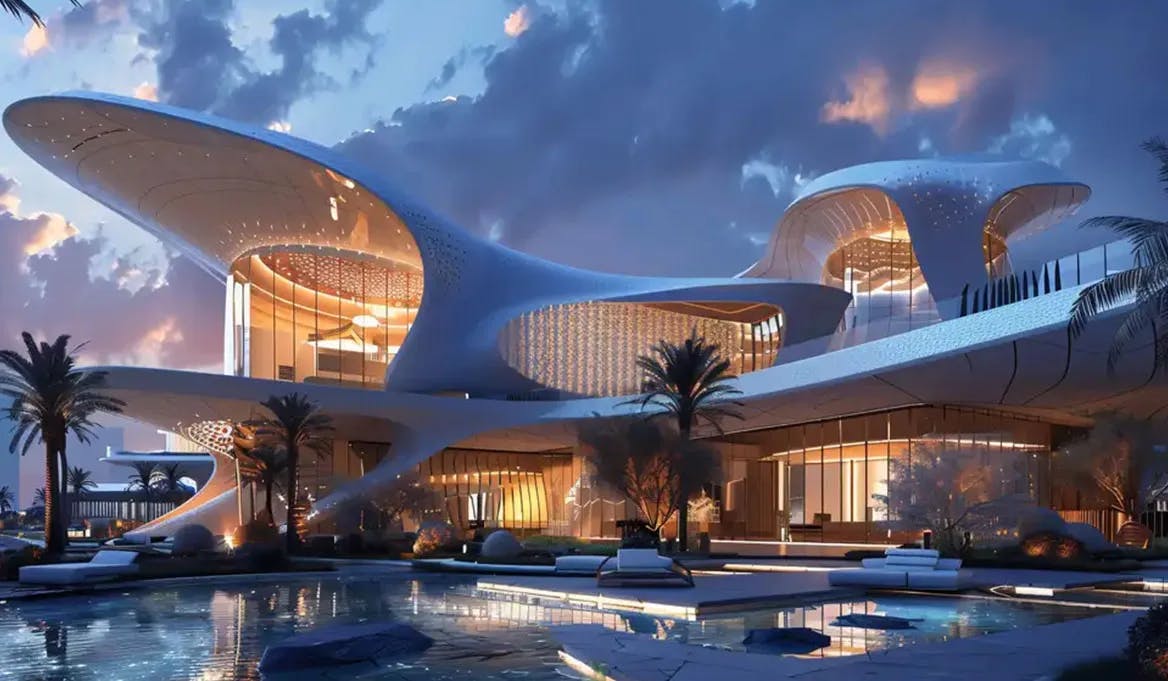
Technology has revolutionized Dubai’s real estate sector, making it easier for investors to access information, view properties, and complete transactions from anywhere in the world. Virtual tours, blockchain-based property transactions, and digital real estate platforms have simplified the process of investing in Dubai.
Proptech, or property technology, has emerged as a key player in the market, enhancing the overall buying and selling experience for investors. Blockchain technology, in particular, has improved transparency and security in property transactions, ensuring that investors can purchase real estate with confidence, no matter where they are located.
What is Proptech or Property Technology?
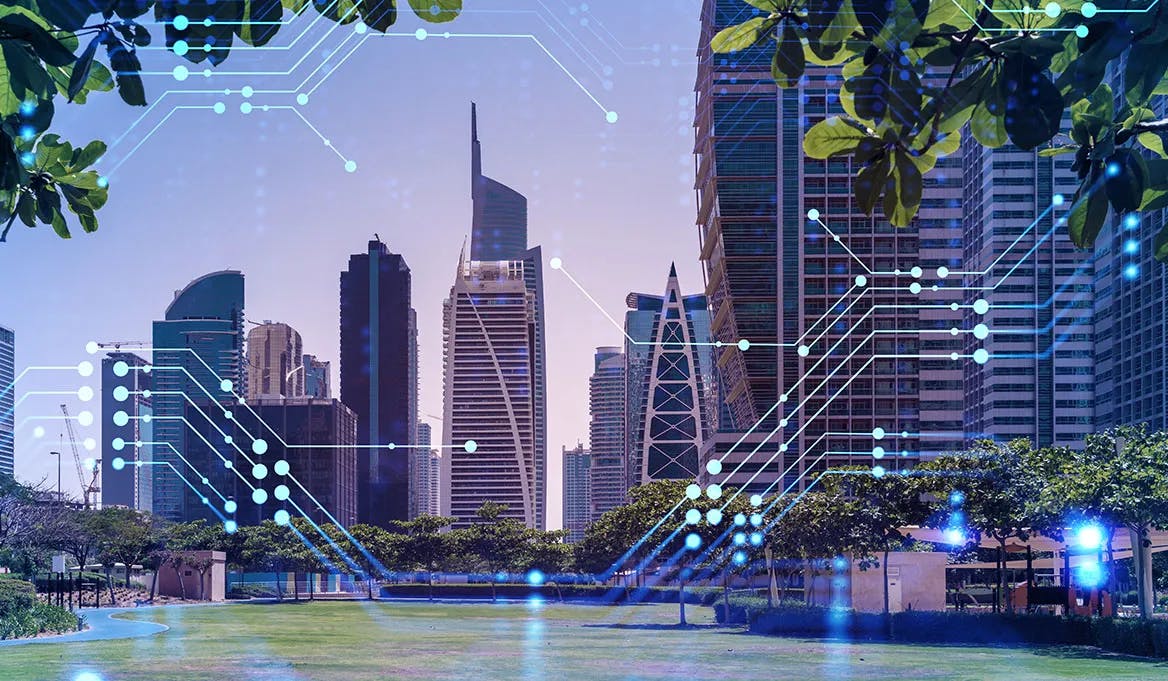
Proptech, or property technology, refers to the use of technology to innovate and enhance the real estate industry, encompassing everything from property management to real estate transactions. It aims to improve efficiency, transparency, and user experience within the sector.
Tourism and Its Influence on Real Estate
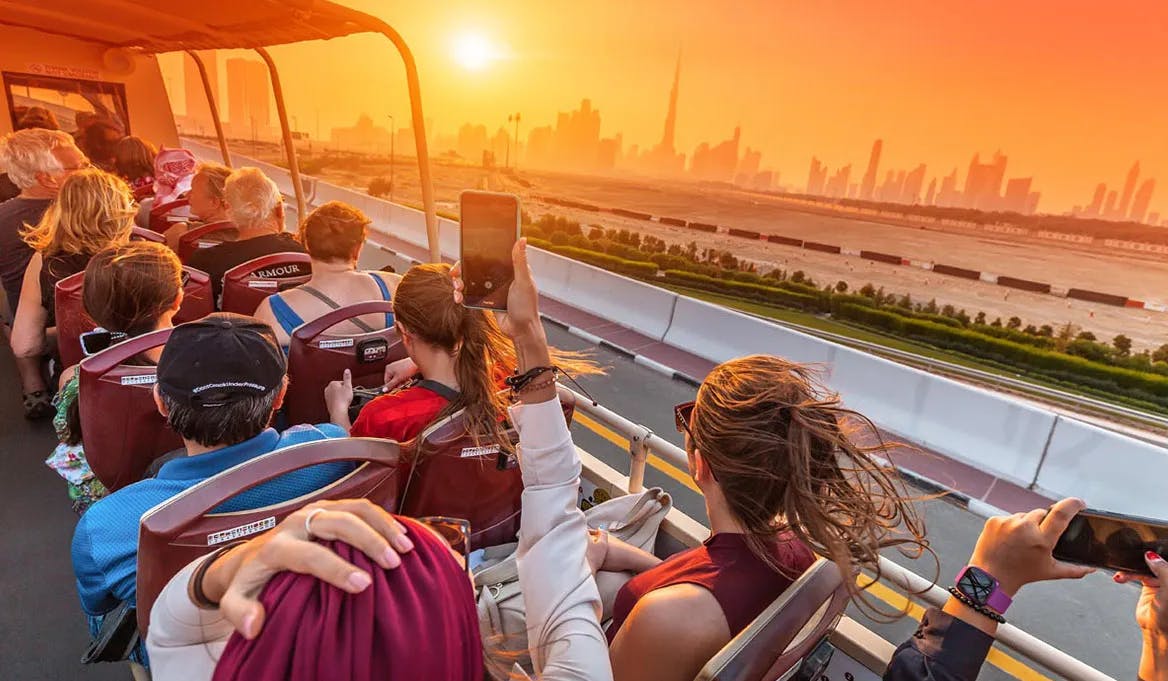
Image Credit: arabianbusiness.com
Dubai’s thriving tourism industry has had a direct impact on its real estate market. As one of the most visited cities in the world, Dubai attracts millions of tourists every year, many of whom fall in love with the city and decide to invest in its real estate. The demand for short-term rental properties, holiday homes, and serviced apartments has increased significantly, offering investors the opportunity to generate substantial rental income.
Areas such as Downtown Dubai, Dubai Marina, and Palm Jumeirah are particularly popular with tourists, making them prime locations for real estate investments. The city’s position as a global tourist hotspot ensures a steady stream of potential buyers and tenants, making real estate in Dubai a lucrative investment.
High Return on Investment (ROI)
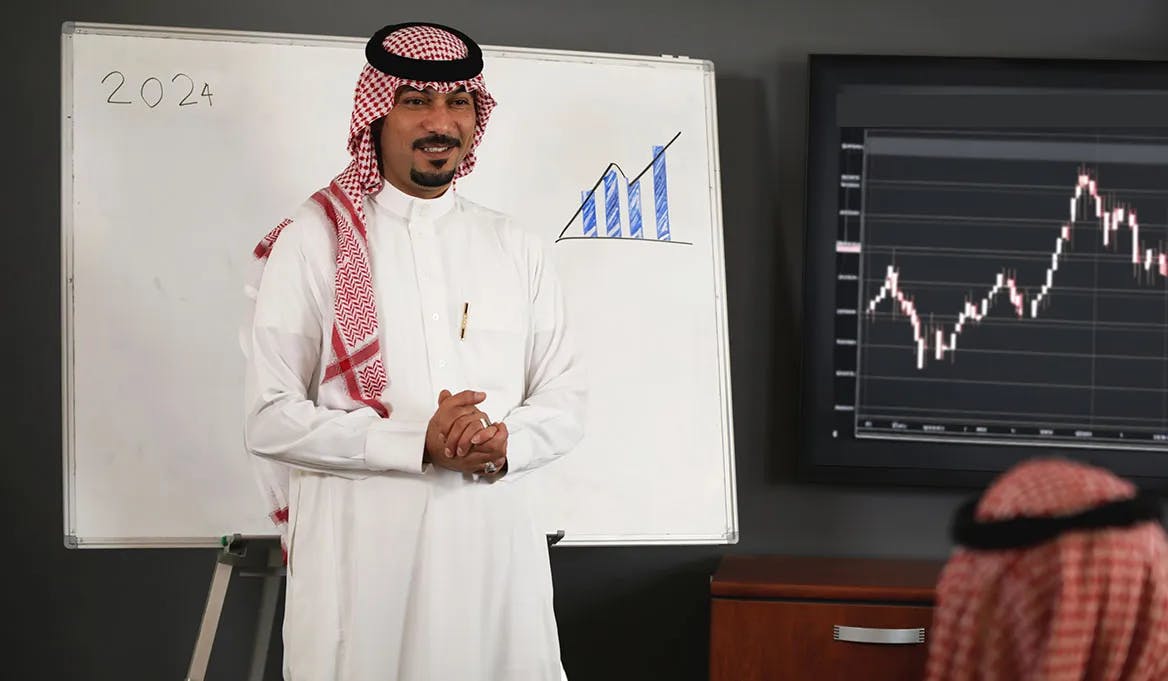
Investors flock to Dubai’s real estate market because of its high return on investment (ROI). Compared to other global cities, Dubai offers competitive rental yields, often ranging between 5% and 8%. This is significantly higher than cities like London, New York, and Hong Kong, where rental yields tend to be lower due to higher property prices.
In addition to rental income, investors in Dubai also benefit from capital appreciation, particularly in high-demand areas. As Dubai continues to grow and attract more residents and businesses, property values are expected to rise, providing investors with both short-term and long-term gains.
Government Initiatives Supporting Real Estate Growth
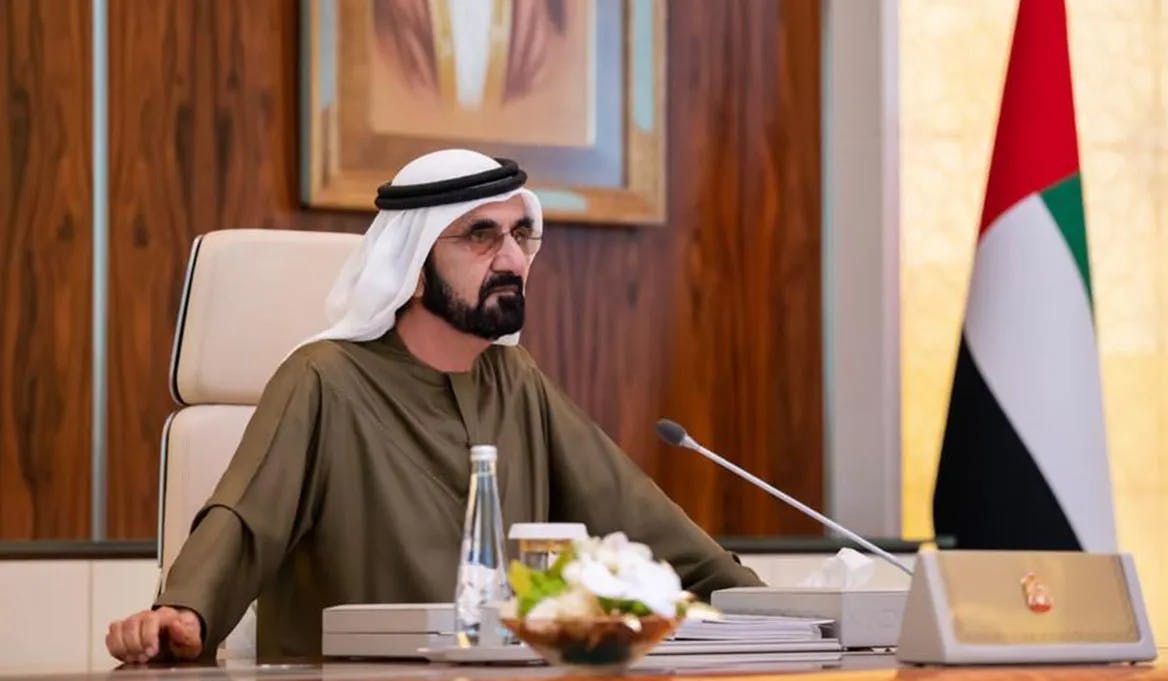
Image Credit: gdf.gov.ae
The Dubai government has been instrumental in shaping the success of the real estate market. Several initiatives have been introduced to attract foreign investors and promote market growth. For instance, the introduction of long-term visas, including the 5-year and 10-year Golden Visa for property investors, has provided an added incentive for individuals to invest in Dubai’s real estate sector.
Additionally, the government’s decision to allow 100% foreign ownership in certain sectors has encouraged more international investors to enter the market. These initiatives have further strengthened Dubai’s reputation as a top-tier investment destination, ensuring that it remains attractive to global investors.
The Future of Dubai’s Real Estate Market
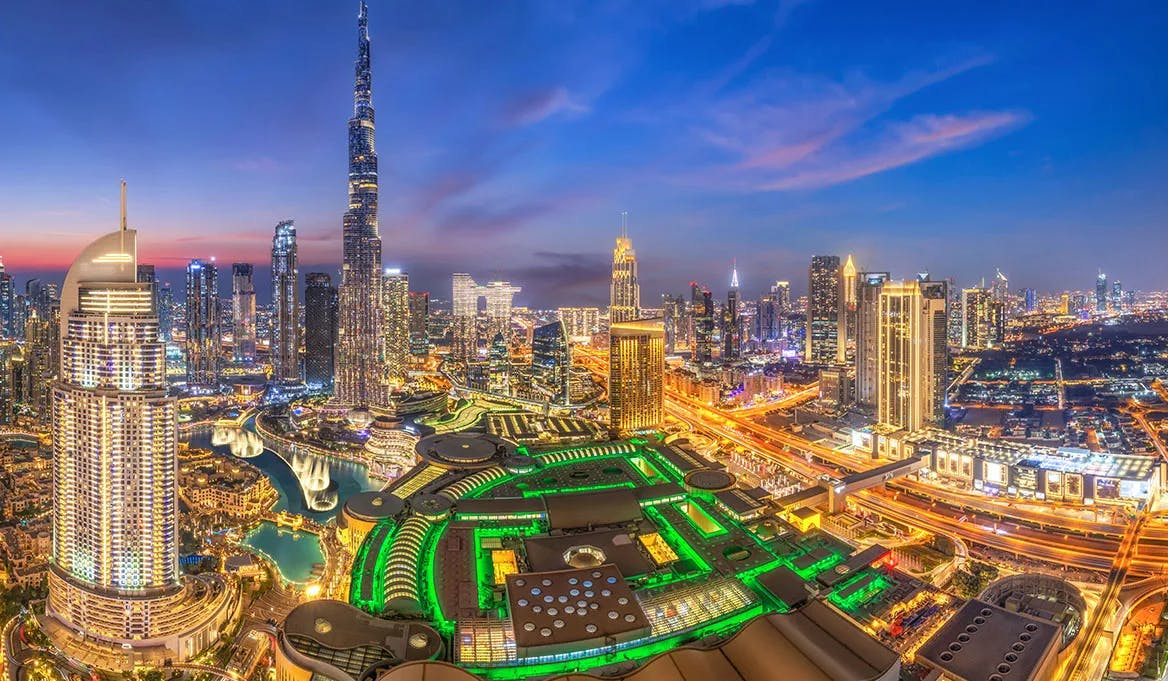
Dubai’s real estate market shows no signs of slowing down. The city’s ambitious plans for growth, including the Dubai 2040 Urban Master Plan, will continue to drive demand for real estate. The plan aims to increase the city’s population and enhance the quality of life, with a focus on sustainability, green spaces, and smart city technologies.
Upcoming developments such as the Dubai Creek Harbour, Dubai Hills Estate, and the expansion of Dubai South are expected to further elevate the city’s real estate offerings. Investors can look forward to a wealth of opportunities in these emerging areas, where the potential for growth and capital appreciation remains strong.
Dubai’s Real Estate Evolution
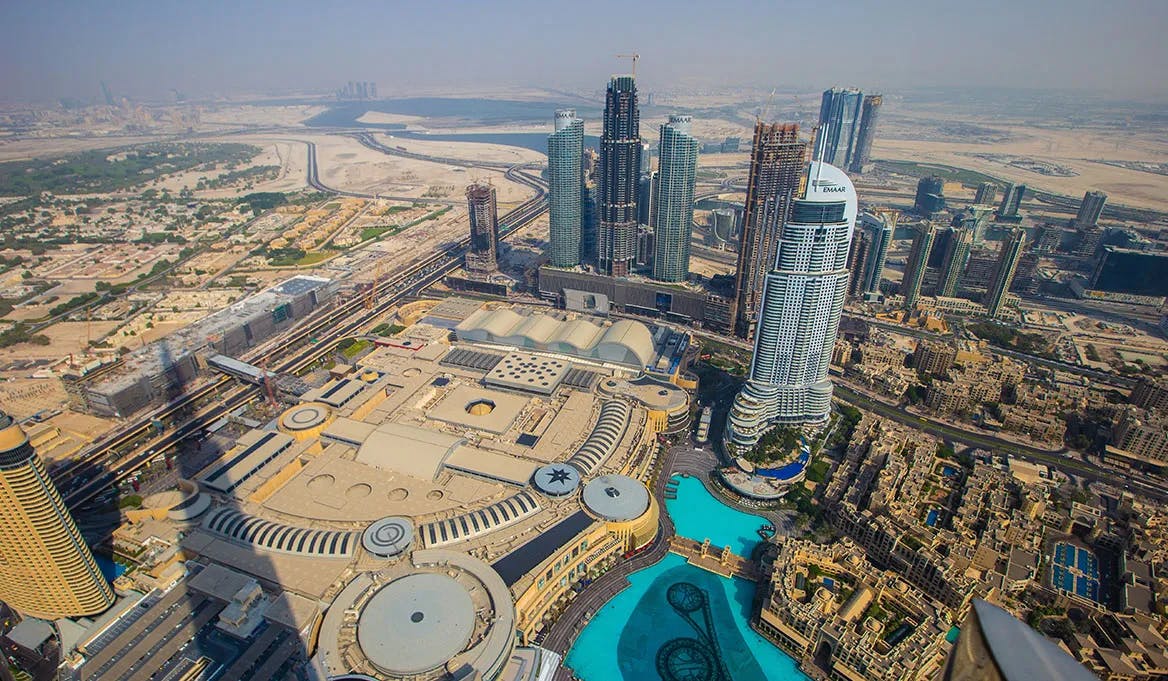
Dubai’s real estate market has evolved from a fledgling industry to a global powerhouse in just a few decades. The city’s strategic vision, world-class infrastructure, and investor-friendly policies have made it a leading destination for real estate investment. From luxury villas to affordable housing, Dubai offers a diverse range of properties that cater to different investor profiles. As the city continues to innovate and grow, its real estate market will remain a top choice for those seeking lucrative opportunities in a stable and thriving environment. For investors looking to capitalize on Dubai’s dynamic market, the time to invest is now.
Ready to Invest in Dubai’s Real Estate?
Take advantage of Dubai’s flourishing real estate market and secure your investment in one of the world’s most sought-after cities. Whether you're interested in luxury villas, prime commercial properties, or high-yield rental investments, we can help you find the perfect opportunity.
Contact us today to explore Dubai’s top investment options and begin your journey toward success.



